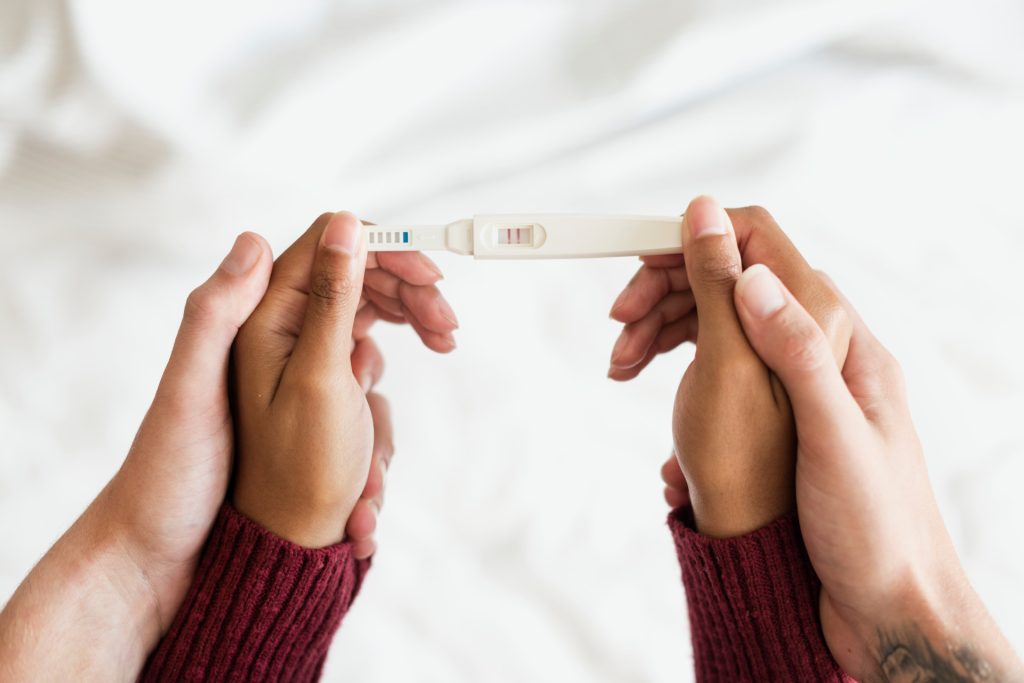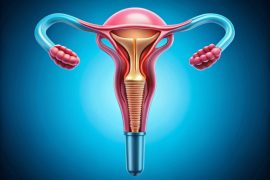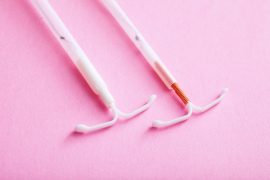Understanding How Pregnancy Tests Work
Pregnancy tests function by identifying the presence of a hormone known as human chorionic gonadotropin (hCG) in your urine. This hormone is produced by the cells that form the placenta, which nourishes the fertilised egg after it implants in the uterus. The level of hCG in your urine increases rapidly after conception, which is what pregnancy tests detect.
The Reliability of Home Pregnancy Tests
Home pregnancy tests are very reliable when used correctly. Most tests claim to be over 99% accurate. However, the accuracy of the test can vary depending on several factors, including the test’s sensitivity, how it is used, and when it is taken.
When to Take a Pregnancy Test
A few brands recommend taking a pregnancy test a week after you have missed your period. However, some of the latest test kits available in the market detect pregnancy as early as five days before your next period date. In addition, these early detection tests are reliable and are readily available over the counter.
Suppose you have irregular periods or do not keep track of your menstrual cycle. In that case, it may be more challenging to determine when to take a pregnancy test. In this case, it is best to wait at least three weeks after unprotected sex before taking a test.
Accuracy of Pregnancy Test Results
As mentioned earlier, home pregnancy tests are reliable when used correctly. However, it is essential to note that no test is 100% accurate, and there is always a chance of getting a false positive or negative result.
A false positive result is when a pregnancy test indicates that you are pregnant when you are not. On the other hand, a false negative result occurs when a pregnancy test suggests that you are not expecting a baby, even though you are.
Factors Affecting the Accuracy of Pregnancy Test Results
Several factors can affect the accuracy of pregnancy test results. These include:
- The sensitivity of the test: Some tests are more sensitive than others and can detect lower levels of hCG in your urine. Tests that claim to detect pregnancy early may not be as reliable as tests taken after your missed period.
- How the test is used: It is crucial to read and follow the instructions carefully when taking a pregnancy test. You may get an inaccurate result if you do not use the test correctly.
- Medications: Certain medications, such as fertility drugs, can affect the levels of hCG in your urine and lead to a false positive result.
- Medical conditions: Some medical conditions, such as ovarian cysts and ectopic pregnancy, can also affect the levels of hCG in your urine and lead to a false positive or false negative result.
Conclusion
In conclusion, home pregnancy tests are a convenient and reliable way to determine if one is pregnant. However, it is essential to take the test at the right time, follow the instructions carefully, and be aware of the factors that can affect the accuracy of the results. If you get a negative result but still suspect you may be pregnant, it is best to wait a few days and then take another test. Consulting with a healthcare professional is always a good idea if you continue to have questions or concerns.
FAQs
In conclusion, home pregnancy tests are a convenient and reliable way to determine if one is pregnant. However, it is essential to take the test at the right time, follow the instructions carefully, and be aware of the factors that can affect the accuracy of the results. If you get a negative result but still suspect you may be pregnant, it is best to wait a few days and then take another test. Consulting with a healthcare professional is always a good idea if you continue to have questions or concerns.
Q: How do pregnancy tests work?
A: Pregnancy tests work by detecting a hormone called human chorionic gonadotropin (hCG) in your urine. This hormone is produced by the cells that form the placenta, which nourishes the fertilised egg after it implants in the uterus. The level of hCG in your urine increases rapidly after conception, which is what pregnancy tests detect.
Q: When is the best time to take a pregnancy test?
A: A few brands recommend taking a pregnancy test a week after you have missed your period. However, some of the latest test kits available in the market detect pregnancy as early as five days before your next period date. These early detection tests are reliable and are easily available over the counter.
Q: How accurate are home pregnancy tests?
A: Home pregnancy tests are very reliable when used correctly. Most tests claim to be over 99% accurate. However, the accuracy of the test can vary depending on several factors, including the sensitivity of the test, how it is used, and when it is taken.





Comments are closed.